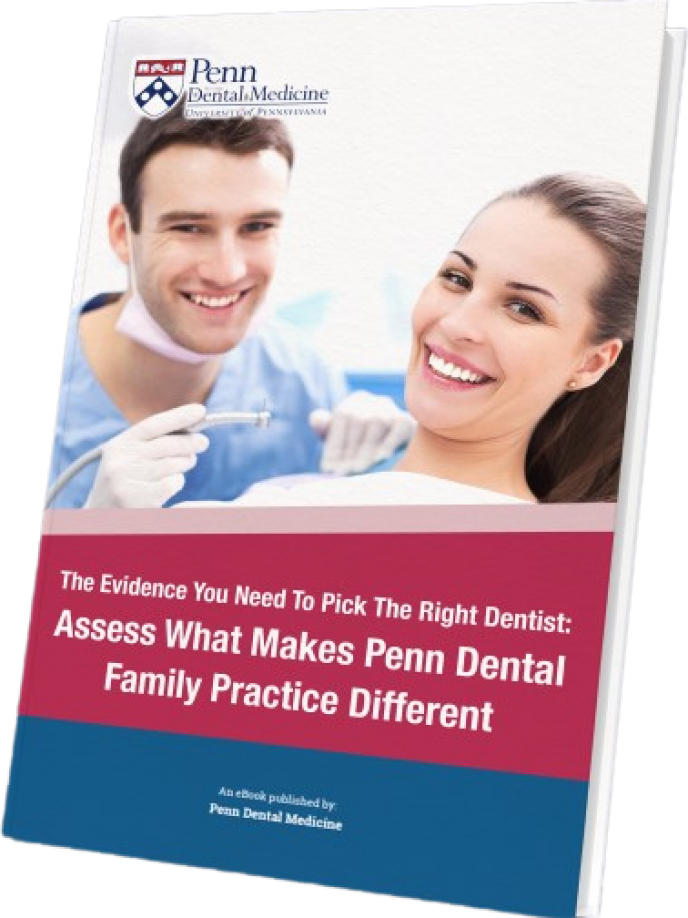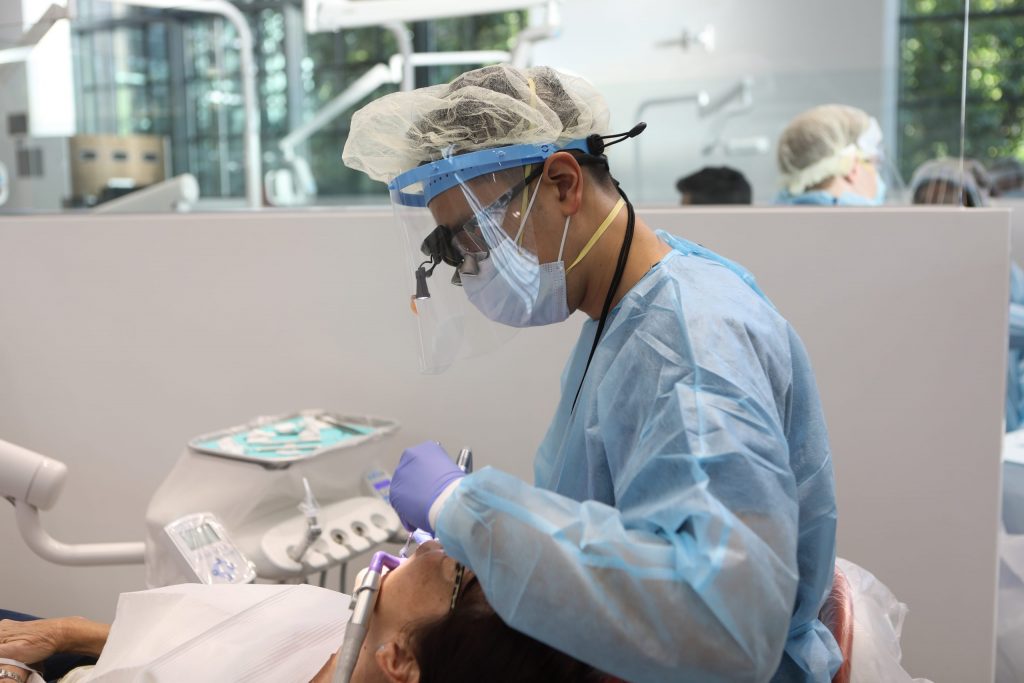Resource Library
Start Reading

When you are anxious or nervous, your mouth may feel dry. But if you constantly feel like you need some water or can’t produce enough saliva, it’s likely something other than nerves.
If the issue is chronic, you’ve likely wondered, “Why is my mouth so dry?” especially if you aren’t dehydrated. While it might feel like a mere annoyance, your symptoms may actually be due to an underlying problem called xerostomia (or dry mouth) that needs treatment.
What causes dry mouth? Several factors can cause xerostomia, and the solution depends on what is causing it. Read on to learn more about different reasons for dry mouth and what you can do to find relief.
Download our chart to get the answers you need to important questions about who to trust with your family’s oral health care.

Occasionally having a dry mouth is normal and not much of a concern. If drinking fluids restore your saliva, there’s nothing to worry about.
 When Is Dry Mouth Serious?
When Is Dry Mouth Serious?However, if you are wondering, “Why is my mouth so dry even though I drink plenty of water?” an underlying issue needs to be addressed. Saliva is vital to oral health. It:
In addition to possibly harming your oral health, dry mouth can make it hard for you to speak, chew, and swallow. Food may taste different, and you may experience a sore throat, hoarseness, and bad breath. If these sound like the symptoms you are experiencing, please visit a dentist for an evaluation. The dentists at Penn Dental Family Practice are experienced in treating dry mouth and will help find a solution that alleviates your discomfort and protects your oral health.
When you visit your doctor or dentist and ask, “Why is my mouth so dry?” chances are, they’ll diagnose one of the following:
 Medication
MedicationDry mouth occurs when your salivary glands aren’t working properly. The American Dental Association (ADA) estimates more than 500 medications have the side effect of xerostomia. Some of the most common culprits include blood pressure medications, antidepressants, antihistamines, and nonsteroidal anti-inflammatory drugs.
Certain disorders and conditions can cause xerostomia, including anxiety, stress, depression, cancer therapy, and certain autoimmune disorders, such as Sjögren’s syndrome. Alzheimer’s and Parkinson’s disease also often lead to dehydration, increasing the risk of dry mouth.
During pregnancy or breastfeeding, hormonal changes can cause women to experience xerostomia. Trauma, nerve damage, aging, cancer therapy, and smoking can be risk factors, as well.
The most common fungal infection is thrush, a yeast infection in the mouth or throat. Thrush may be caused by antibiotics or immune-suppressing drugs. It’s also associated with underlying conditions like HIV, Addison’s disease, or diabetes.
Serious fungal infections are less common. They may be associated with HIV, certain cancers, and organ transplants. These are serious infections that can cause significant oral health problems and infections elsewhere in the body.
Chronic dry mouth requires a visit to a medical provider for diagnosis and treatment.
During your appointment, the dentist will inspect the glands and ducts in your mouth and measure salivary flow. They will also inspect your lips, oral tissues, and tongue for dryness. Depending on the dentist’s findings and your medical history, you may be referred to a doctor for testing or put on a temporary treatment plan.
There are several ways you can manage dry mouth symptoms:
Whether you’re only experiencing xerostomia at night, or it’s a 24/7 problem, don’t waste time asking, “Why is my mouth so dry?” We recommend seeing a professional as soon as possible.
Penn Dental Family Practice can help you to discover what causes dry mouth and take measures to control and treat it. Remember, dry mouth can have negative effects on your health and your wallet down the line.
To make an appointment for a dry mouth evaluation, call PDFP today at 215-898-PDFP (7337).